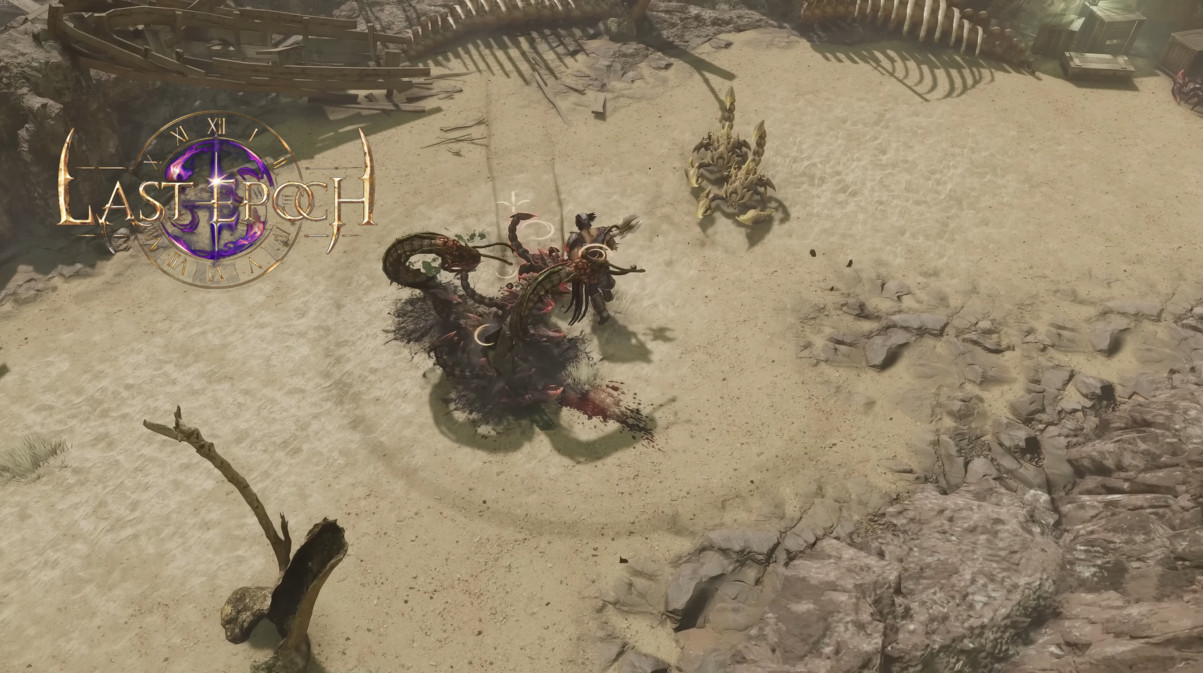In the fast-paced world of action role-playing games (ARPGs), balance is a contentious topic that often sparks heated debates within the gaming community. Recently, Last Epoch, a popular ARPG developed by Eleventh Hour Games, found itself embroiled in controversy over a particular node called Vampiric Pool. In today’s discussion, we delve deep into the controversy surrounding Vampiric Pool and explore the broader implications of balance in ARPGs.
Vampiric Pool is a node located within the Profane Veil skill tree in Last Epoch. It offers players the ability to sacrifice their minions to gain a substantial amount of Ward based on their HP. However, a significant oversight by the developers resulted in players gaining 40% of their minion’s life as Ward instead of the intended 4%. This unintentional buff catapulted players’ Ward values to staggering heights, drastically altering the game’s balance.
The repercussions of this oversight were immediate and far-reaching. Spells that would typically generate around 6,000 Ward were now yielding a whopping 60,000 Ward with the bugged Vampiric Pool setup. This sudden imbalance caused frustration, confusion, and anger among the player base, prompting a widespread discussion about the importance of balance in ARPGs.
The essence of ARPGs lies in their progression from humble beginnings to god-like power. Players start as mere novices, gradually acquiring better gear, skills, and abilities as they ascend to higher levels of mastery. The thrill of becoming an unstoppable force is a fundamental aspect of the ARPG experience. However, achieving this sense of power becomes problematic when balance issues disrupt the natural progression curve.
At its core, balance in ARPGs is a double-edged sword. On one hand, it ensures fair and equitable gameplay, where no single build or strategy dominates all others. On the other hand, ARPGs thrive on the notion of overcoming overwhelming odds and achieving feats that defy logic. The very essence of these games revolves around the player’s ability to bend the rules in their favor, often at the expense of balance.
Unlike competitive multiplayer games like MOBAs, where balance is paramount to ensure fair competition, ARPGs operate in a different realm. Players don’t directly compete with each other but rather measure their success against the challenges presented by the game itself. This indirect competition creates a dynamic where balance takes on a different meaning—a balance between challenge and reward, risk and reward, power and vulnerability.
The argument that ARPGs are single-player experiences and, therefore, balance is inconsequential no longer holds water in today’s online gaming landscape. With the advent of online communities, streaming platforms, and social media, players are more interconnected than ever before. The ability to compare builds, strategies, and achievements with others inevitably leads to a desire for balance, or at least perceived fairness.
In the case of Last Epoch, the imbalance caused by Vampiric Pool not only undermined the integrity of the game but also created a rift within the community. Players who invested time and effort into optimizing their builds felt overshadowed by those exploiting the bug for easy success. The disparity in power levels between bugged and non-bugged builds became glaringly apparent, tarnishing the overall gameplay experience.
While some argue that ARPGs should embrace imbalance as part of their charm, others believe that excessive imbalances detract from the enjoyment of the game. The concept of a “fair” build, one that neither excels nor falters but maintains a steady equilibrium, has become a running joke within the ARPG community. Yet, beneath the humor lies a deeper truth about the delicate balance between challenge and reward in these games.
Ultimately, the responsibility falls on the developers to maintain balance within their games. While allowing for occasional exploits and overpowered builds can add flavor to the gameplay experience, prolonged imbalances can have detrimental effects on the player base. In the case of Last Epoch, addressing the Vampiric Pool bug is essential to restoring parity and ensuring a level playing field for all players.
In conclusion, the controversy surrounding Last Epoch’s Vampiric Pool node highlights the complex nature of balance in ARPGs. While imbalance is often celebrated as part of the genre’s charm, excessive disparities can erode the integrity of the game and alienate players. Striking the right balance between challenge and reward is crucial to preserving the essence of ARPGs while ensuring a fulfilling gaming experience for all players.
By the way, thanks to MMOexp for the Last Epoch Gold service and guidance that allowed players to quickly become stronger and understand the game.

